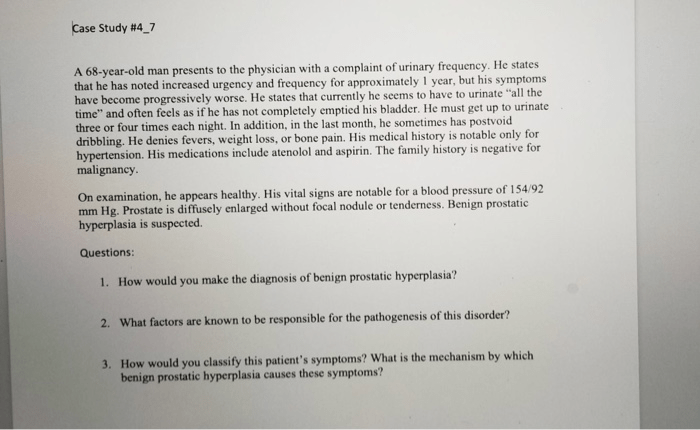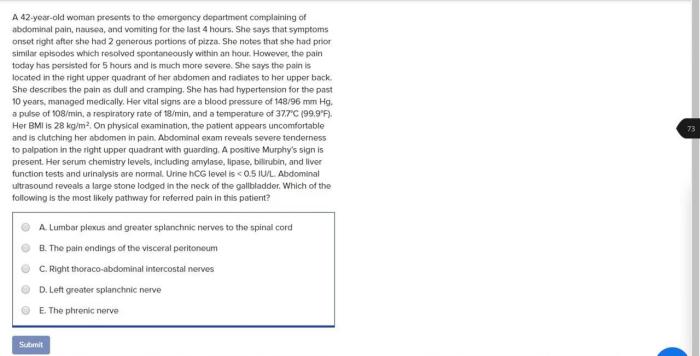Gripes about every change in the routine are a common phenomenon, reflecting our innate resistance to disruptions in our established patterns. This resistance stems from psychological factors such as the comfort of predictability and the fear of losing control. Understanding these reasons can help us navigate routine changes more effectively.
This article delves into the various types of gripes associated with routine disruptions, exploring their intensity and impact. It also provides practical strategies for addressing these concerns, emphasizing communication, involvement, and the provision of alternatives. By embracing routine changes, we can unlock potential benefits such as growth, adaptability, and improved outcomes.
Understanding Resistance to Routine Changes

Individuals often exhibit resistance to changes in their established routines. This resistance stems from psychological factors, including:
- Predictability and Comfort:Routines provide a sense of order and stability, which can be comforting and reduce uncertainty.
- Loss of Control:Changes can disrupt established patterns, leading to a perceived loss of control over one’s life.
- Fear of the Unknown:Changes introduce uncertainty and can trigger anxiety about potential negative outcomes.
Common complaints associated with routine disruptions include:
- Disruption of habits
- Loss of predictability
- Increased stress and anxiety
- Feeling overwhelmed or out of control
Types of Gripes about Routine Changes
| Type of Gripe | Description | Examples |
|---|---|---|
| Disruption of Habits | Complaints about the disruption of established patterns and behaviors | “I can’t function without my morning coffee.” |
| Loss of Control | Expressions of feeling powerless or unable to influence the change | “I don’t like being forced to do things differently.” |
| Perceived Threats to Well-being | Concerns about the negative impact of the change on physical or mental health | “This new schedule will make it impossible for me to get enough sleep.” |
These gripes vary in intensity and impact, depending on the individual’s attachment to the routine and the perceived significance of the change.
Strategies for Addressing Gripes

To manage resistance to routine changes, it is crucial to:
- Communicate Effectively:Clearly explain the reasons for the change and provide ample notice.
- Involve Stakeholders:Seek input from those affected by the change and consider their perspectives.
- Provide Alternatives:Offer options or flexibility to mitigate the impact of the change.
- Emphasize Benefits:Highlight the potential positive outcomes of the change.
- Provide Support:Offer resources or support mechanisms to help individuals adjust.
Successful interventions include:
- Allowing for a gradual transition period
- Providing training or support materials
- Creating opportunities for feedback and evaluation
Benefits of Embracing Routine Changes: Gripes About Every Change In The Routine

While resistance is common, embracing routine changes can bring numerous benefits:
- Growth and Adaptability:Changes can foster resilience and adaptability.
- Improved Outcomes:Changes can lead to more efficient processes and improved results.
- Enhanced Well-being:Breaking out of rigid routines can promote flexibility and reduce stress.
Examples of positive outcomes include:
- Increased productivity
- Improved creativity
- Reduced burnout
Balancing Resistance and Acceptance
- Consider the significance of the change and its potential impact.
- Evaluate the reasons for resistance and address any legitimate concerns.
- Seek support and guidance when necessary.
- Focus on the potential benefits and opportunities for growth.
- Practice flexibility and adaptability.
By balancing resistance and acceptance, individuals can navigate routine disruptions more effectively.
Common Queries
Why do people resist routine changes?
Resistance to routine changes stems from psychological factors such as the comfort of predictability, fear of losing control, and perceived threats to well-being.
What are the common types of gripes about routine changes?
Gripes about routine changes include disruption of habits, loss of control, and perceived threats to well-being, varying in intensity and impact.
How can we address gripes about routine changes?
Effective strategies for addressing gripes about routine changes involve communication, involvement, providing alternatives, and evaluating the significance of changes.
What are the benefits of embracing routine changes?
Embracing routine changes can lead to growth, adaptability, improved outcomes, and enhanced overall well-being.
How can we balance resistance and acceptance of routine changes?
Balancing resistance and acceptance of routine changes requires careful consideration of the significance of changes, seeking support when necessary, and recognizing the need for adaptation.